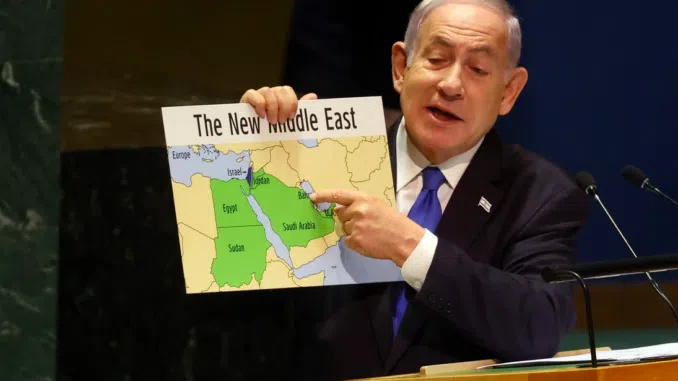In a world driven by the pursuit of power and resources, recent events in the Middle East and Eastern Europe have once again brought to the forefront the role of oil and gas in shaping global politics. In this article, we will delve into the intricate web of geopolitics, resource exploration, and ulterior motives that often remain hidden from public view.
As we journey through the intricate world of global resource dynamics, one might wonder if oil and gas are the true puppeteers of international politics. Perhaps in the grand theater of geopolitics, it's not world leaders but barrels of black gold pulling the strings. So, the next time you hear about a major conflict, don't be surprised if it's all just a ruse to secure some precious fossil fuels. Keep an eye out for more eye-opening revelations in this intriguing exploration of global resource politics.
More on this below. Keep reading.
Unearthing the Palestinian Oil and Gas Reserves
Four years ago, the United Nations Conference on Trade and Development (UNCTAD) released a report that shed light on the untapped potential of Palestinian oil and gas reserves. These reserves hold the promise of generating hundreds of billions of dollars for their developers. However, Israel's restrictive policies have prevented Palestinians from harnessing these resources to alleviate their dire poverty.
The Big Players: Oil Companies in Palestine
Since the onset of the war, Israel has taken significant steps in the direction of resource exploration, issuing twelve exploration licenses to six major international oil companies, including the likes of BP. These companies are poised to investigate the precise location of Palestinian oil reserves, particularly off the coast. The political intricacies at play suggest a deeper agenda than mere resource extraction.
The U.S. and the Western Coalition
It is not coincidental that the United States is now advocating for an international coalition of Western governments to oversee Gaza's future once Israel pushes its two million inhabitants into Egypt. Similar plans are underway for the West Bank. This geopolitical chess move may appear to be out of the disaster capitalism playbook, aiming at capitalizing on a global energy crisis exacerbated by the ongoing war.
Beyond Oil and Gas: Geopolitical Incentives
As Richard Medhurst elucidates, the U.S. and Israel have a broader set of economic and logistical incentives for depopulating Gaza. These include the construction of a canal alternative to the Suez, offering dominance over maritime trade routes and significant military advantages. This project has been in the works for decades, and the current circumstances provide a compelling moral justification. This situation appears eerily reminiscent of the Iraq invasion, where Western powers maneuvered to provoke a response that would warrant an extreme reaction.
Ukraine: Beyond Democracy and Russian Aggression
The war in Ukraine is not solely about democracy, human rights, or Russian aggression. At its core, it revolves around natural gas. The U.S. and Russia have been competing for control over Ukraine for over a decade, primarily due to Ukraine's strategic position as the custodian of Europe's second-largest natural gas reserve. Russia has historically transported natural gas to the EU through pipelines traversing Ukraine.
After Russia's invasion, a pro-Ukrainian group sabotaged the Nord Stream pipelines, which had transported Russian natural gas to Germany. As a result, Germany has entered into 20-year deals to import liquefied natural gas from the U.S. It is important to note that liquefied natural gas has a significant environmental impact, being considered "way worse than coal."
Connecting the Dots
When we scrutinize the facts, it becomes undeniable that many recent conflicts have resource and power dynamics at their core. Throughout history, virtually every war, especially those involving superpowers like the United States, has been driven by the pursuit of resources, influence, or both. Even when human rights and democracy are cited as motives, the underlying presence of valuable resources, particularly fossil fuels, tips the scales towards conflict. The immense financial investments in these wars, in contrast to relatively limited spending on other pressing global issues, such as hunger, underscores the overarching importance of resources in global politics.
Conclusion
The world of geopolitics is a complex and intricate one, where the pursuit of resources, particularly oil and gas, plays a pivotal role in shaping international relations. Recent events in Palestine and Ukraine underscore the deep-rooted connections between resource exploitation, power dynamics, and global conflicts. To truly understand the motivations behind geopolitical actions, one must look beyond the surface and uncover the hidden agendas that often drive nations into action.
I'm reaching out to ask for help in raising funds to purchase a modest, dependable used car. Having a vehicle would not only restore my independence but also allow me to engage more actively in my community and maintain essential aspects of daily living.
Help Chris Regain Independence with a Reliable Vehicle at GoGetFunding


